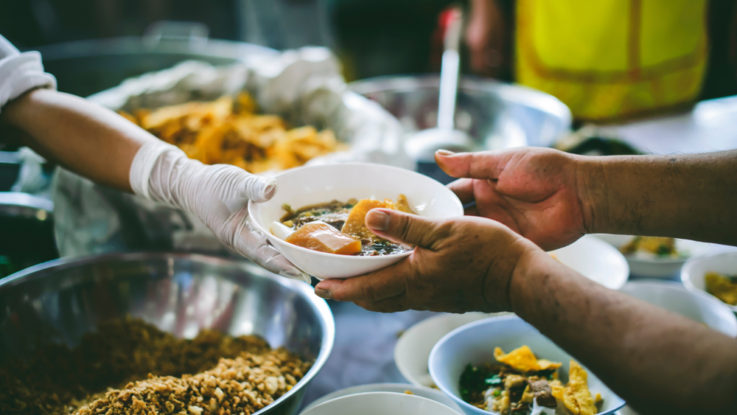
The City of Newark, NJ will invest $2 million in the Nourishing Newark Community Grants Program, which has the goal of supporting the creation and expansion of sustainable urban food cooperatives, and other community-based healthy food distribution channels. The New Jersey Economic Development Authority (NJEDA) has determined that a large portion of the City of Newark is considered a food desert – a geographical area in which it is difficult to buy affordable or good-quality fresh food. The funding comes from The American Rescue Plan, and the first round of awards will be for up to $350,000 for each project.
The City’s Office of Sustainability will administer the program. Eligible projects must demonstrate a dedication to combating food deserts, improving fresh/healthy food access, and/or providing food assistance to households experiencing food insecurity due to COVID-19. The following categories are included:
- Growing & Urban Agriculture: projects which help community-based growers, urban farmers and gardeners in Newark to improve their production of fresh, healthy food and make it available to families experiencing food insecurity;
- Regular Community Distribution: projects that help ensure regular community access to free, fresh produce; and
- Training & Community Education: projects which contribute to the expansion of the knowledge base and expertise of Newark’s network of urban growers and sustainable food experts.
“Since the beginning of the pandemic, the City of Newark has distributed more than eight million meals to residents in need with the help of Hello Fresh, Newark Working Kitchens, and Newark Public Schools,” Mayor Ras J. Baraka said. “We understand the challenge many families face when it comes to putting fresh, healthy food on the table, and through the Nourishing Newark Community Grants Program we are inviting non-profit organizations, for-profit entities, schools, urban farmers, community gardeners and others to work with us in meeting this ongoing community need.”